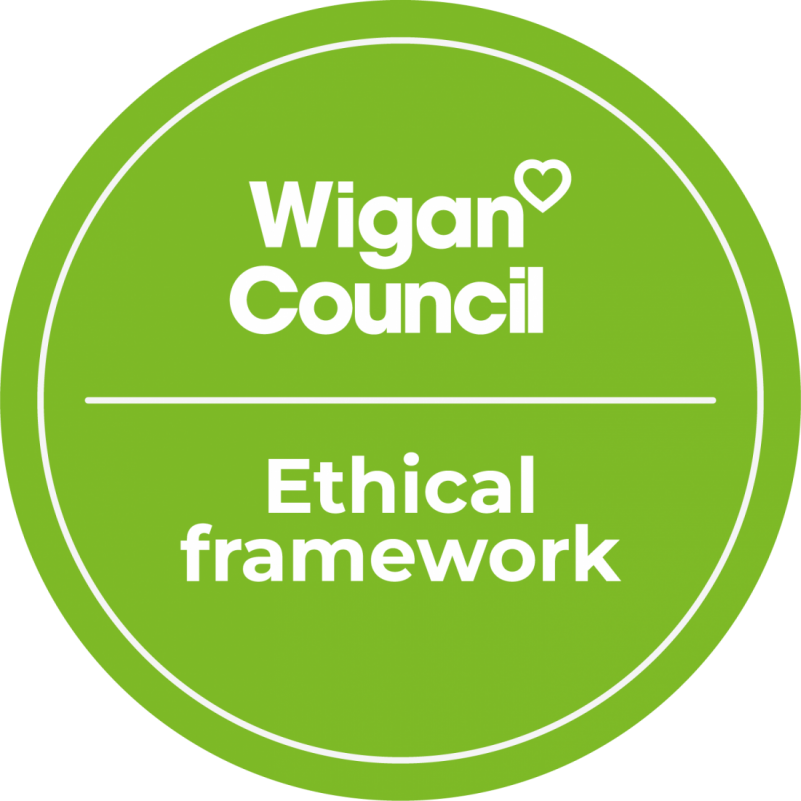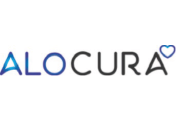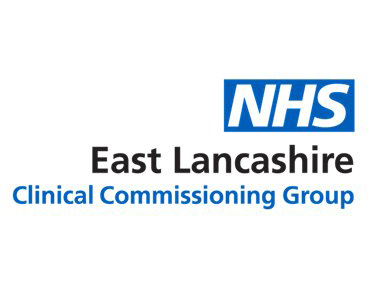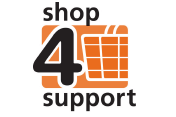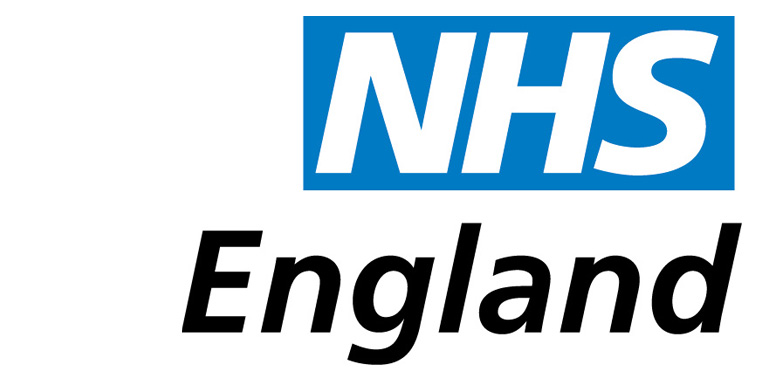Do you have the balls to build community?
Posted on Monday, August 11th, 2014
An inspiring blog post from a parent and social worker talking about a workshop run by Caroline Tomlinson.
Do you have the balls to build community?
Caroline Tomlinson certainly has.
Today I had the privilege of attending one of her training sessions on building community. It was a very full day and we all had a lot to learn, I’ll try to remember and share some of what I’ve learnt.
We started the day by thinking about what ‘community’ means to us. There were lots of thoughts on what ‘community’ could mean including…Geographical locations: Neighbourhoods, villages, towns, cities, counties, countries, continents, planets…Interests: Sports, politics, religion, activities, clubs, groups…Online: Twitter, Facebook, Tumblr, blogs, hybrid, YouTube, Flickr, LinkedIn…We thought that a community could consist of two people or the whole human race. In our group we liked the words ‘relatedness’ and ‘shared interests’.
We came to realise that we need to know what community means to every individual before we can hope to build its capacity. In order to understand that, we need to learn how to listen to people so that we can build the community around them.
Listening is easier said than done. In pairs, we took turns listening to each other speak. Some of us found it VERY difficult to just keep quiet and listen. We MUST listen to people to find out what their gifts and skills are. People won’t want to volunteer for things unless they know what it is they are being asked to do. We won’t know what they can do unless we listen to them first.
Sometimes listening can be more complex than just hearing what people say. How often in life do we come across people displaying ‘challenging behaviours’? And how often do we find that there’s a reason behind that behaviour that the person is unable to express? When we feel out of control and we can’t make ourselves understood we behave differently and our behaviour may appear challenging. There’s more to listening than just what people say. People who find it difficult to communicate can be ignored or not listened to every day, several times a day. We had a taste of this during a listening exercise where the other person deliberately stopped listening to us..We all found it VERY frustrating and rude. I’ll certainly be making double sure I listen carefully when someone else is speaking.
Thinking about perception, we were shown a picture of glasses of red wine. Were the glasses half empty or half full? Our group tried to think very literally about this question and didn’t even assume that the liquid was wine! Interestingly we didn’t even consider whether they were empty or full…I’m not sure what that says about us? This analogy was all about attitude. If you saw the glass as half full you probably have a ‘can do’ attitude. Relating that to people’s gifts and skills, If you tell people they can, they will. If you tell people they can’t, they won’t. It’s as simple as that. Another interesting thought was that in a similar way, you can’t pay people to care, they either do or they don’t. No amount of money will make a difference.
We had a think about personalisation and felt that it really only scratches the surface of what we should be doing. Stories of positive change are still quite rare. If you think about personalisation as an iceberg you’ll get the idea.
The bit you can see above the water is what we’re currently doing. Almost 90% of an iceberg is under the water, that’s the skills and gifts and contributions people can bring that we haven’t even thought about because we’re not asking and not listening.
You see, people need to be given the opportunity to contribute to their communities. We’ve been supporting people for years to waste time. At day centres etc we give them, ‘something to do’. How very patronising and assuming of us. We haven’t recognised, let alone supported people’s gifts and skills. Building the capacity of a community could prevent the need for ‘services’, re-enabling people through true personalisation which looks at social capital. Most people already have friends, family and an existing community to build on. We must listen and work with individuals, families and communities to give people choice and control to do what makes sense for them. Starting from where people are at.
Something to think about: Do we use ‘personalisation’ to re-brand what we’ve already done or are we doing something different?
To engage effectively we have to understand what a person’s community looks like for them…Where are they starting from? People have great connections already. We can’t possibly know what’s best for anyone else. What are their goals, aspirations and visions? What is their motivation?
Something else to think about: Are we waiting for top down instructions or bottom up movement for change?
An interesting thought for me was that the biggest killer in this country is loneliness and isolation. Apparently, the more people you have in your life, the longer you will live. We are not totally independent, we are interdependent (I’m not sure that bodes well for me).
So how do we go about getting to know each other? How do we get people to open up and feel at ease? Well, generally we use the most uncomfortable, boring means possible…meetings.
“If we had more parties than meetings we’d get more stuff done”. This is because connections are made when people get to know each other. They get to know each other’s skills, gifts and interests through chatting and informal conversation. The more people you know, the more people you can connect with. Seems like a good excuse for more parties to me!
“You can’t know what you need until you know what you already have”. Through talking to each other and telling stories we can get to know what skills, gifts, qualities and assets we possess. For example, If somebody knows somebody who knows somebody else, members of the wider community become involved and people benefit in many different ways. Quite often people know that they have the skills but don’t know how they can share them. It’s not about making money but about making connections in many different ways, making people’s lives much richer. A shared purpose or common interest builds a sense of community which in turn builds relationships for future interests and development…and so on. Happier more fulfilled lives right? (Sounds good to me, I might even live longer!)
We tried to list some of our gifts of the hands, the head and the heart. Many people were quite modest when put on the spot but we came to realise that if we struggle to think what our own gifts and skills are, how will we help people with complex needs or who have difficulty communicating realise theirs? In order to develop a plan around the person we need to know what their gifts are.
In our office the other day, we had a discussion around whether it would be right not to encourage a person on benefits to take on full time employment (instead of part time) if it meant they would be financially worse off. Caroline clarified my thinking on this issue when she got us thinking about how much worse off a person can actually be when you include things like free prescriptions and dental treatment. It could potentially make it impossible to get by. However it’s not about the benefits. It’s about the benefit behind the benefit. We can think more creatively about how people can contribute to their communities, it doesn’t have to be through paid employment and can be just as beneficial to the community and the individual (if not more so). …Here’s another chance to re-iterate that we should be building the community around the person not fitting the person in to the community. Building communities around people brings the people together in numerous ways giving people the excuses they (sometimes) need to connect with people they otherwise might have found it quite difficult to connect with.
In our groups, we played the ‘we can’ game to see how many gifts and skills we possess and how capable our group were as a community. On our own, we found that we had lots of gifts and skills but that there were also lots of things that we couldn’t do. We did however find that in almost every case, if we couldn’t complete a task we knew of someone who could. Our group were branded the, ‘have-a-go’ group as we had the highest amount of tasks that we felt we could complete on our own. Another group were, ‘well connected’ or ‘delegators’ as they knew a lot of people that could help them out. Caroline shared that some of the most resourceful communities are those that don’t have any money (perhaps that’s why I’m so very capable!). “We need to learn to do more with more not less with more.” – We just need to recognise the great abundance of ‘more’ that’s right under our noses!
We have created a culture of dependency on services. People have to start taking responsibility for their own communities and realising that they have the skills and the right to succeed. A thought amongst us today was that perhaps it is the fear of risk that holds us back.
Something to consider: What does success look like for you and your organisation?
These are just a few of the thoughts I took away from the training today. I found the whole day inspiring not just from a work perspective but from a life perspective. It gave me hope that there is much we can do to live happier, more fulfilled lives in what appear to be bleak times of austerity. Caroline is a truly inspirational woman who proves beyond a shadow of a doubt that building community capacity and the aspirations of the Great Leap Forward are not only possible but are already happening, every day.
I have no doubt that we can learn from her example and take these ideas forward to continue to make positive changes county wide and beyond for the benefit of everyone in the community.


